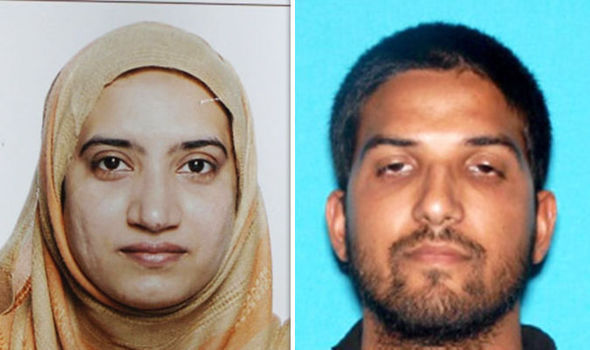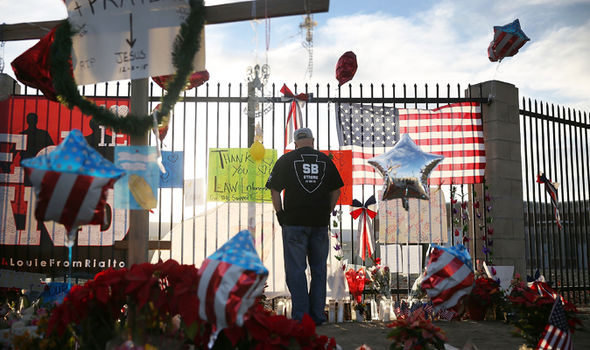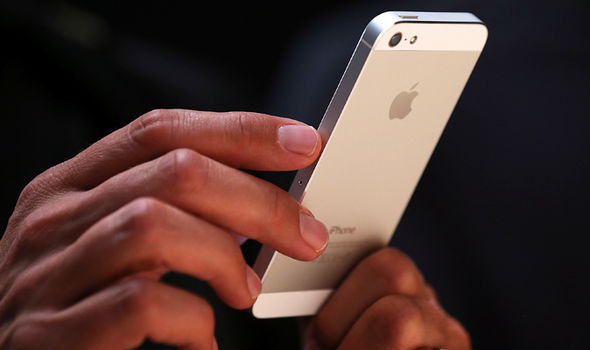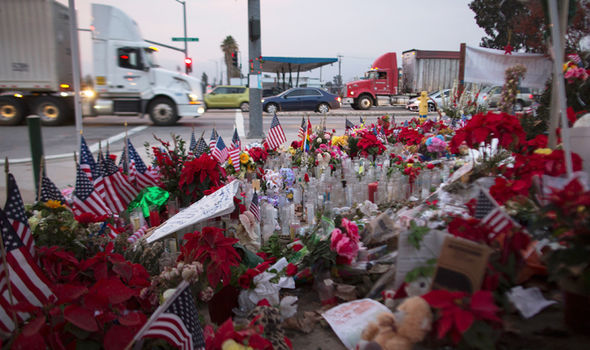Apple might NOT have to unlock San Bernardino killer’s phone… as ‘hacker’ approaches FBI
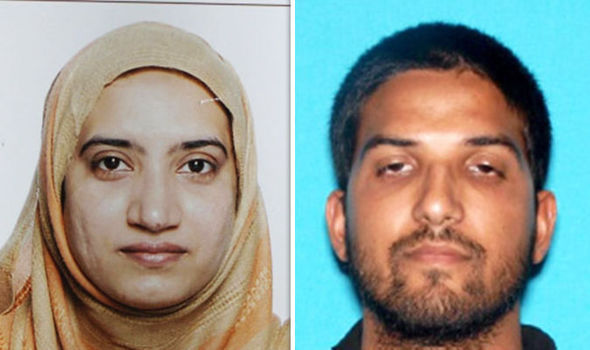
APPLE may not be forced into unlocking the phone belonging to one of the jihadis behind the December terror attacks in California because of a possible hack.
A stand-off has between Apple and the FBI has been intensifying because of the tech giant’s refusal to open Syed Farook’s iPhone.
Farook and his wife Tashfeen Malik shot 14 people dead in San Bernardino at a Christmas Party and are said to have been inspired by twisted terror cell Islamic State.
The couple died in a police gun shootout after the massacre.
A day before the hearing between Apple and the FBI was meant to start, a filing by federal prosecutors said an “outside party” came forward over the weekend and showed the FBI a possible method for unlocking the phone.
The US authorities said they now needed time to determine "whether it is a viable method that will not compromise data" on the phone.
If viable, "it should eliminate the need for the assistance from Apple" according to the filing.
The news comes as Apple chief Tim Cook used a product launch at the company's headquarters to reiterate the firm's stance that rewriting its software so encrypted parts of it could be accessed by authorities violates customer privacy.
Mr Cook opened his keynote speech at the unveiling of the iPhone SE and new iPad Pro by saying that the company "would not shrink from its responsibility" over protecting the data of its customers.
A status report must now be filed by the government by April 5.
Director of the US security service James Comey said last month that the use of encryption technology was to blame for slowing down the unlocking of the phone.
He said: "It affects cops and prosecutors and sheriffs and detectives trying to make murder cases, kidnapping cases, drugs cases.
"It has an impact on our national security work but overwhelmingly this is a problem local law enforcement sees."
Политика конфиденциальности | Правила пользования сайтом
